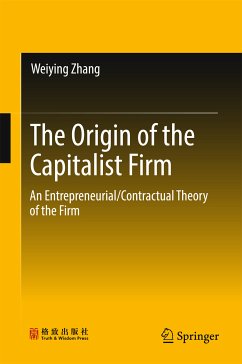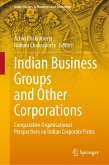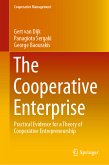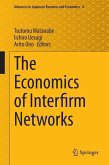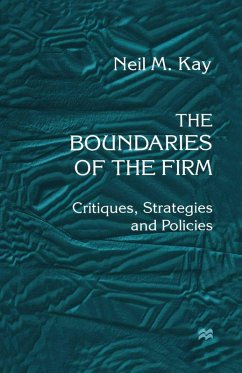The book addresses the entrepreneurial origin of the capitalist firm and its asymmetric contractual relationships between capitalists, workers, managers and entrepreneurs, and explains the origin of the firm by focusing on entrepreneurship. A hidden action model shows how assigning residual claim to entrepreneurs can provide a better overall incentive; a hidden information model demonstrates that capitalists are given priority and have authority to select the management, because capital can signal entrepreneurial ability; and a general equilibrium entrepreneurial model shows that the equilibrium relationships between different members of the firm depend on the joint distribution of ability, wealth and risk attitudes in the population. Overall, the book reveals that the capitalist firm is more efficient, not only because it provides better incentives but also because it ensures that the most entrepreneurial people control the firm.
Dieser Download kann aus rechtlichen Gründen nur mit Rechnungsadresse in A, B, BG, CY, CZ, D, DK, EW, E, FIN, F, GR, HR, H, IRL, I, LT, L, LR, M, NL, PL, P, R, S, SLO, SK ausgeliefert werden.

